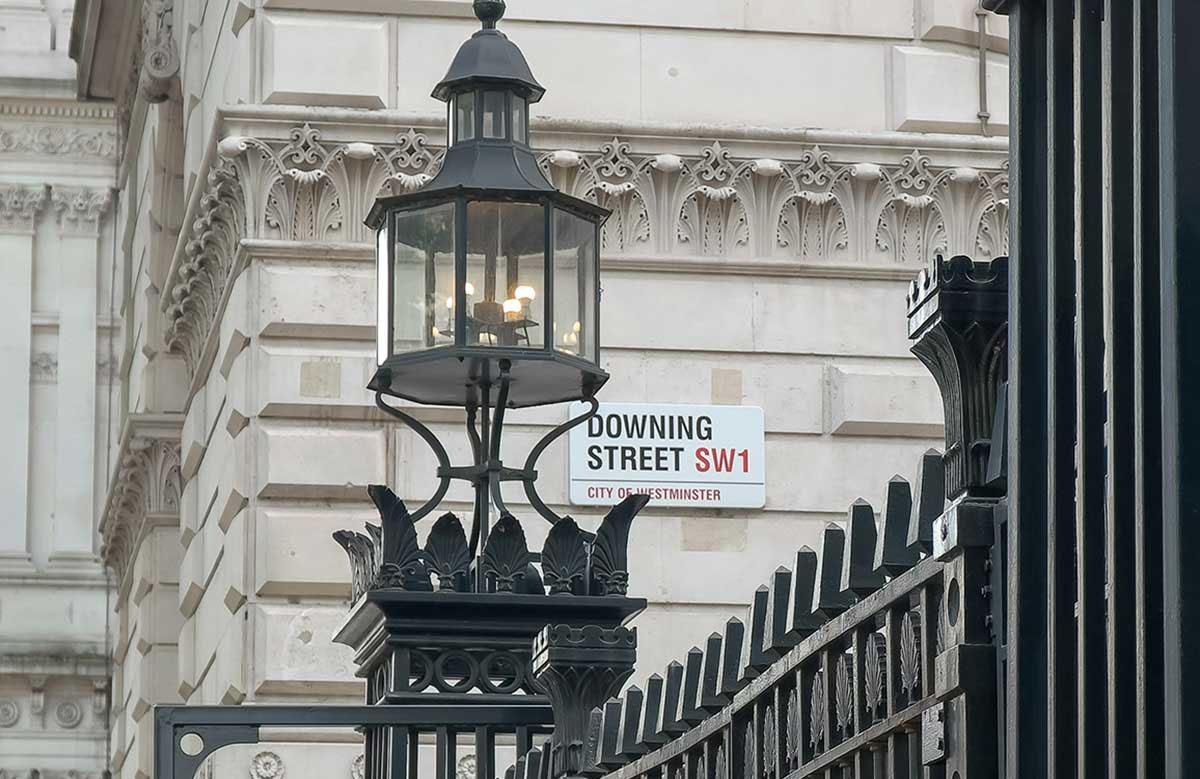
Budget box on the shelf
6th November 2019Even before the House of Commons finally voted in favour of an early general election, Chancellor of the Exchequer Sajid Javid had cancelled plans for his first Budget speech on 6 November and put his special ministerial box back on the shelf. Depending on the election result, he could go on the very short list of post-1800 Chancellors that never delivered a single Budget speech.
Whoever becomes Chancellor after 12 December, one of their first tasks will be to translate the fiscal promises in their party’s manifesto into a formal Budget. In official terms: “The Budget is a statement made to the House of Commons by the Chancellor of the Exchequer on the nation’s finances and the Government’s proposals for changes to taxation. The Budget also includes forecasts for the economy by the Office for Budget Responsibility.”
Battered box discarded
When James Callaghan, Chancellor of the Exchequer during Harold Wilson’s premiership, tucked his 1965 Budget speech into the famous red despatch box, he broke with a tradition that went back more than a century. He discarded the battered box that had been used by Chancellors since 1853, when William Gladstone held the office, and adopted a new one. The original box was reinstated in 2008 by Alistair Darling but finally retired ‘in a fragile state’ by George Osborne.
The box gained its celebrity status for being the one constant in the fluctuating finances of the nation, which were always subject to the swings and U-turns of adversarial political parties and their respective Chancellors. Its importance actually goes back to the earliest Chancellors, generally reckoned to be a few years after the Magna Carta was signed in 1215, because its predecessor was a leather bag (‘bougette’ in Old French) that lent its name to the Budget itself.
Biblical references
As to when taxation and national budgeting first began, we need to go back at least two millennia. William the Conqueror ordered the Domesday Book of 1086 as a means of assessing how much tax he could levy, but taxation in Britain predates the Norman Conquest. Danegeld was levied here in the 9th century and the Romans operated a tax system across their empire, including Britannia. Elsewhere, there are multiple biblical references to tax collectors, including in the Old Testament.
Where there were tax collectors, there would also be someone in charge of the setting, receipt and disbursement of those taxes, whether or not they held the title of Chancellor. Fast-forward to Gladstone again; he was among the most famous Chancellors to hold office in the decades after the Exchequers of Great Britain and Ireland were merged in 1817, some years after the creation of the United Kingdom in 1800.
Men only
Among the other enduring historical figures to be Chancellor in the 19th century were Robert Peel, Benjamin Disraeli and Randolph Churchill. Chancellorships of the 20th century are a roll-call of political heavyweights: Chamberlain (Austen and Neville); Asquith; Lloyd George; Bonar Law; Baldwin; Winston Churchill and two dozen of the post-war era. Notably, despite having had two female prime ministers, the country has not yet had a female Chancellor of the Exchequer.
For some years before 2017, the Budget was usually presented in the spring, with an Autumn Statement later in the year. Previous Chancellor Philip Hammond changed that, so that the Budget is now normally presented in the autumn, with a Spring Statement towards the fiscal year-end on 5 April. So, the Budget has been a movable feast for decades, but this time it was subject to a very rare last-minute postponement.
